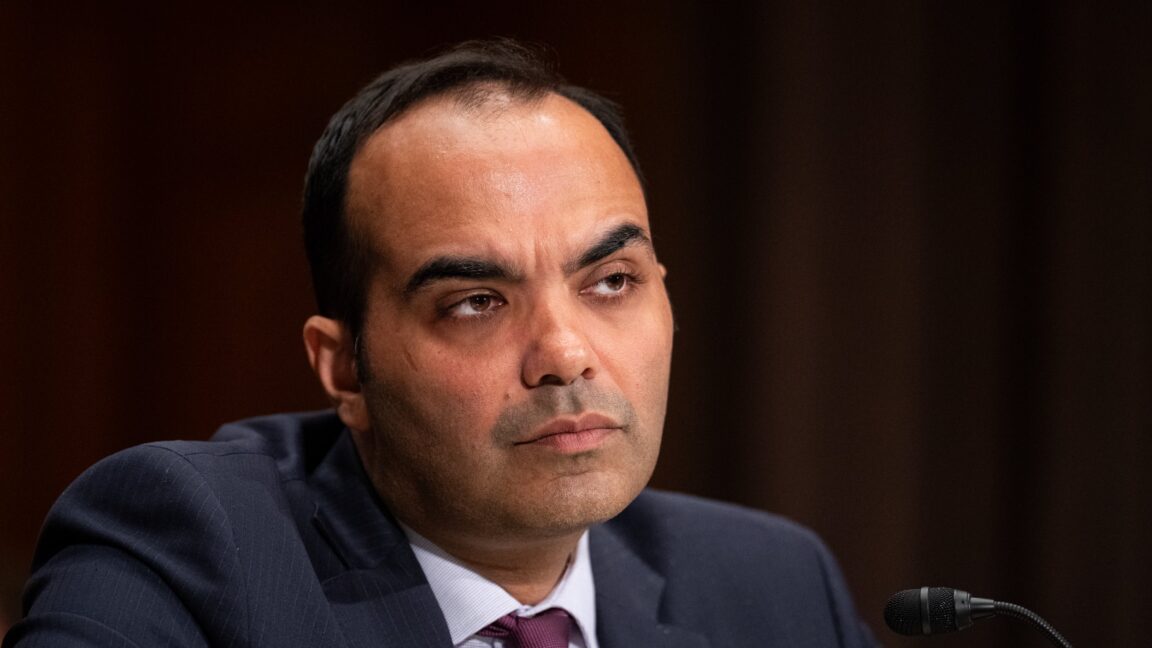
Plan unlikely to survive Trump administration
CFPB Director Rohit Chopra touted the proposed rule, saying it targets brokers who sell “our most sensitive personal data without our knowledge or consent” and “profit by enabling scamming, stalking, and spying.” But whether the proposal ever becomes a rule is doubtful because of the impending leadership change in the White House.
Chopra, a Democrat, was nominated by President Biden in 2021 and confirmed by the Senate in a 50-48 party-line vote. President-Elect Donald Trump can nominate a replacement.
The CFPB’s Notice of Proposed Rulemaking is an initial step toward imposing rules, and any final action would have to come after Trump takes over. Comments on the proposal are due by March 3, 2025.
“Unfortunately, it will be up to Trump’s CFPB to finalize this proposed rule, and he and his billionaire donors are intent on shutting this agency down to take away a key advocate for American consumers,” US Sen. Ron Wyden, (D-Ore.) said in a statement issued today.
Wyden said the CFPB proposal “act[s] on my 2021 request to close a key loophole that enables sleazy data brokers to sell Americans’ personal data to criminals, stalkers, and foreign spies. Letting anyone with a credit card buy this data doesn’t just harm Americans’ privacy, it seriously threatens national security when sensitive information about law enforcement, judges, and members of the armed forces is on the open market.”
Trump DOGE appointee: “Delete the CFPB”
The CFPB itself could be defanged by the Trump administration and the incoming Republican-controlled Congress. Consumer advocacy groups have said they expect the agency to be targeted.
“President-elect Donald Trump and Republicans in Congress are weighing vast changes to the Consumer Financial Protection Bureau, seeking to limit the powers and funding of a federal watchdog agency formed in the wake of the 2008 banking crisis,” The Washington Post reported on November 23. “The early discussions align the GOP with banks, credit card companies, mortgage lenders and other large financial institutions, which have chafed at the CFPB under Democratic leadership and sought to invalidate many of its recent regulations.”

